South American Meat Inc., a California-based importer, has issued a massive recall of 20,111 pounds of frozen raw beef products from Uruguay. The recall was initiated after the products evaded crucial import reinspection by the U.S. Food Safety and Inspection Service (FSIS).
This recall highlights the urgent need for stringent food safety protocols and oversight. Failure to address such lapses can have severe consequences, putting consumer health at grave risk.
Hazardous Oversight: Consumer Safety at Risk
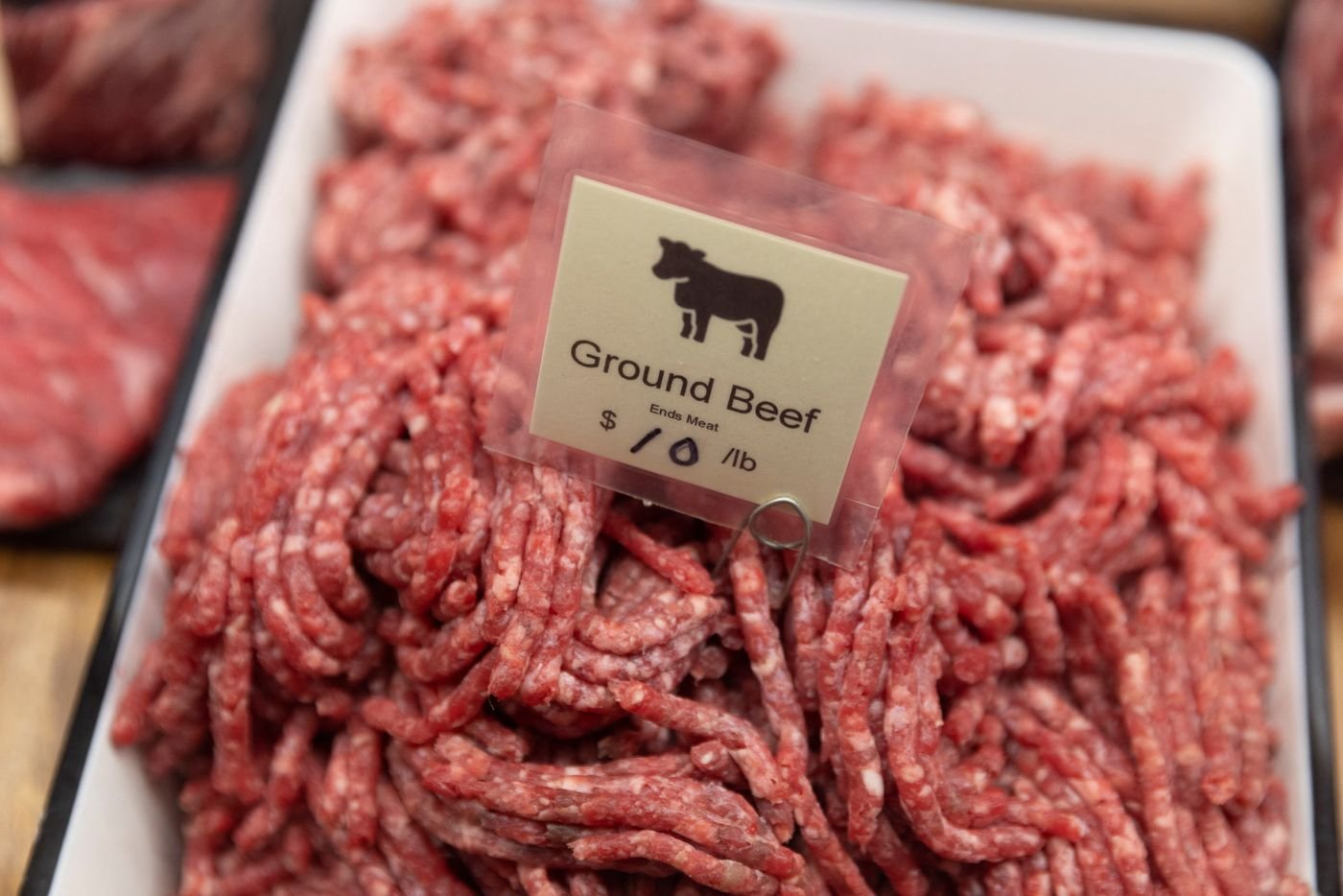
How safe is the beef we consume? This recall highlights the grave risks posed by uninspected meat products, raising serious health concerns.
According to the Centers for Disease Control and Prevention (CDC), foodborne illnesses caused by contaminated meat result in an estimated 3,000 deaths each year in the US. Consuming meat that has not undergone inspection can expose individuals to contaminants leading to severe illness or even death in some cases.
Wide-Ranging Recall: A Threat Across Multiple States
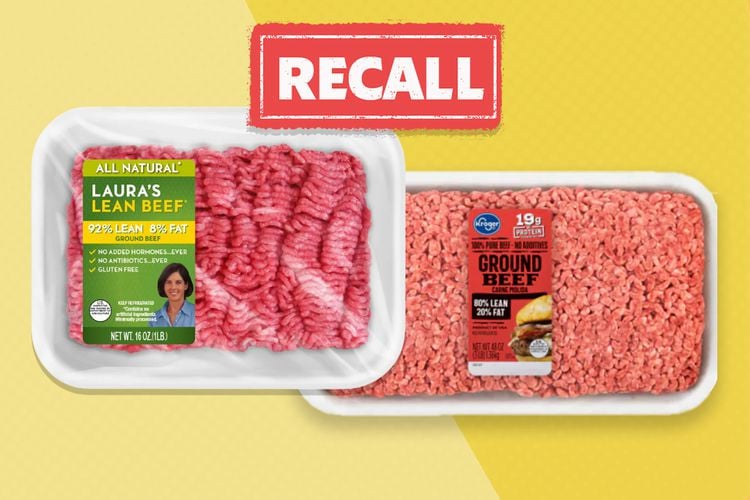
The recall encompasses nine distinct beef products, distributed across Arizona, California, Oregon, and Washington. Consumers, distributors, restaurants, retailers, and institutions in these states may have purchased the potentially contaminated products.
The widespread distribution of these products happened underscoring the far-reaching impact of this oversight. This amplifies the risk and increases the likelihood of numerous individuals being affected if consumed.
Spotting the Danger: Routine Surveillance Saves the Day

What if this oversight had gone unnoticed? Fortunately, the FSIS’s routine surveillance efforts identified the lapse, prompting swift action.
Routine inspections play a crucial role in safeguarding public health, catching potential hazards before they turn into full-blown crises. Without such vigilance, the contaminated products could have potentially lead to a large-scale outbreak.
A Company in Mystery: South American Meat Inc.
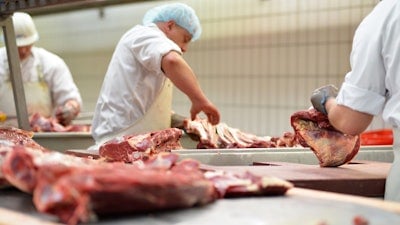
Who is South American Meat Inc., and what is their track record? Little is known about this California-based importer, except for their legal name, 5Gogi LLC.
The lack of transparency raises concerns about the company’s commitment to food safety and accountability. Reputable businesses should prioritize transparency and accountability.
Tracing the Origins: The Uruguayan Connection

The contaminated beef products originated from Uruguay. It’s a country with a thriving meat industry and stringent food safety regulations.
The oversight during importation highlights the vulnerability of the supply chain. It brings our attention to the importance of rigorous inspections at every stage.
Potential Health Hazards: A Lurking Danger
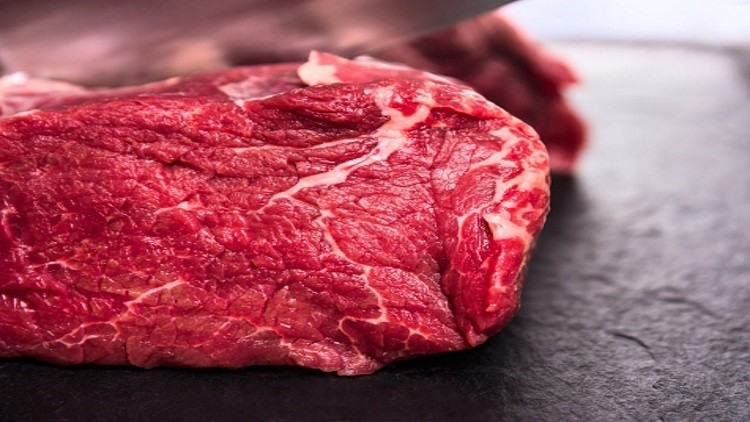
Are you at risk if you’ve consumed these products? While no illnesses have been reported yet, the potential health hazards cannot be ignored.
Consuming uninspected meat can lead to foodborne illnesses like E. coli, Salmonella, and Listeria, which can cause severe symptoms and even life-threatening complications. The absence of immediate reports does not negate the potential risks.
Recall Logistics: A Race Against Time
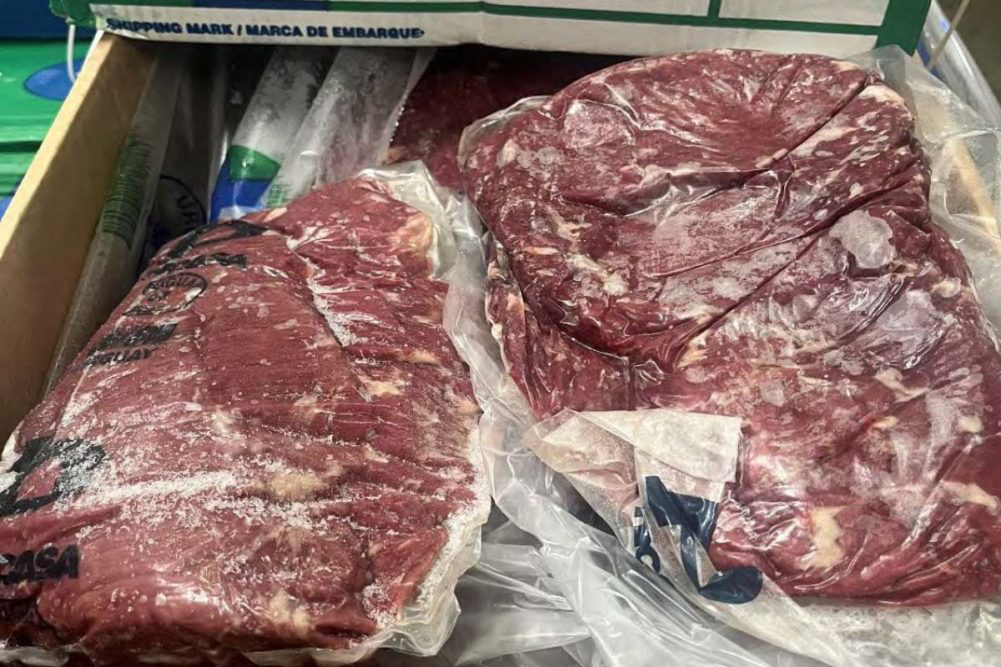
How far have these products spread? The recall notice urges consumers, distributors, restaurants, retailers, and institutions to immediately discard or return any purchased products.
With the products entering the US on or around March 17, time is of the essence to prevent further consumption. Every day that passes increases the likelihood of more individuals consuming the potentially contaminated products.
Lessons Learned: Strengthening Food Safety Measures
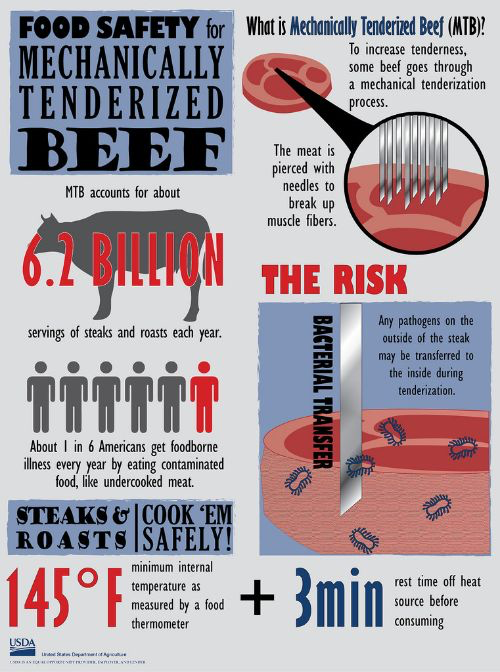
Can we prevent such incidents in the future? This recall underscores the need for robust food safety protocols, stringent import inspections, and increased transparency throughout the supply chain.
Collaborative efforts between regulatory bodies, importers, and retailers are crucial to safeguarding public health. By learning from this incident and implementing comprehensive measures, we can work towards a safer and more secure food system.
A Call to Action: Prioritizing Consumer Safety
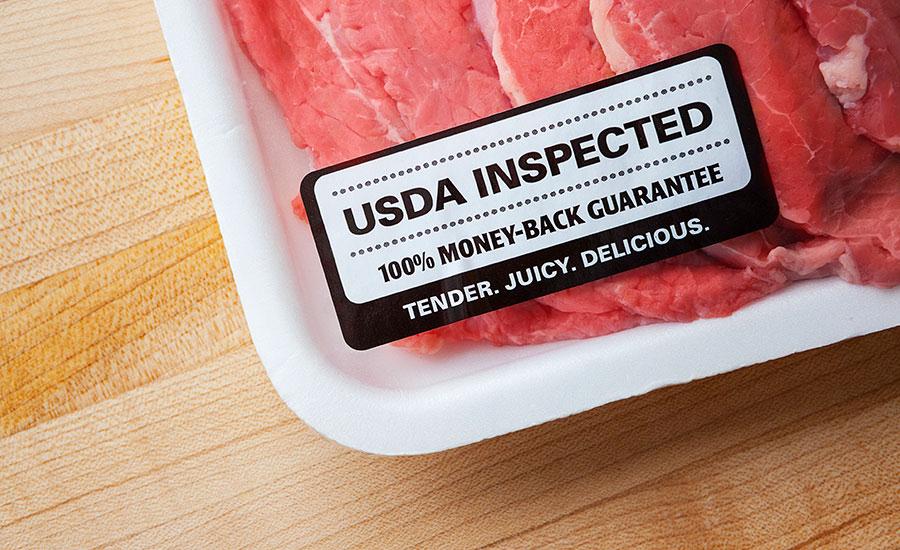
Are you willing to take a chance with your health? The beef recall serves as a wake-up call for consumers to prioritize food safety.
By staying informed and advocating for stronger regulations we can collectively work towards a safer and more transparent food system. Consumer awareness and demand for accountability can foster a culture of food safety across the industry.


